Pressure builds on Team Sky to join MPCC
British team facing increased criticism from their peers
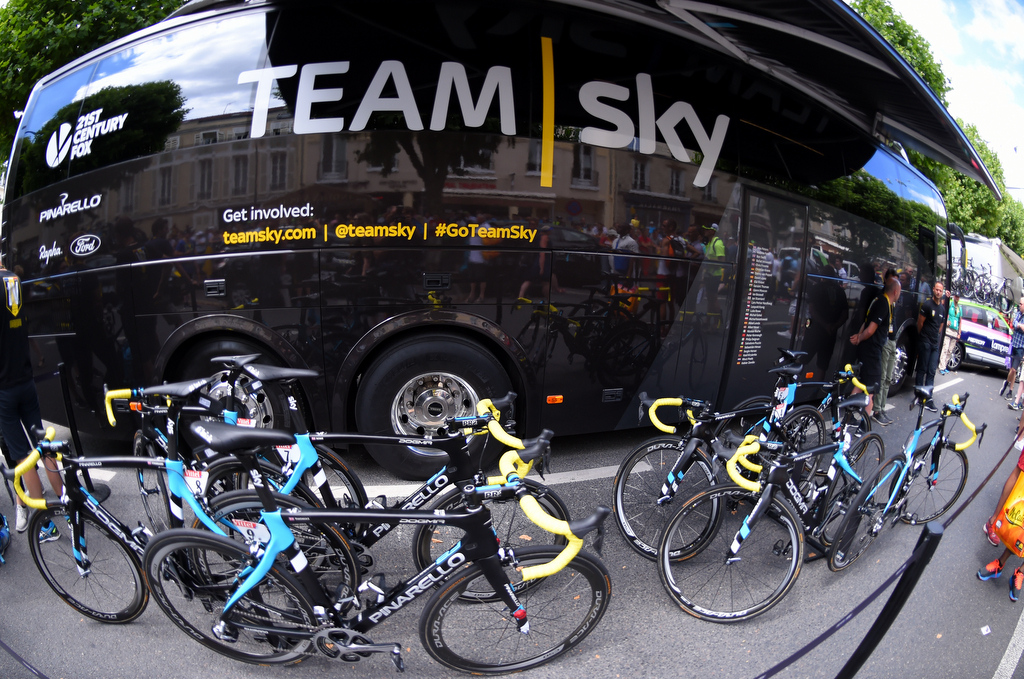
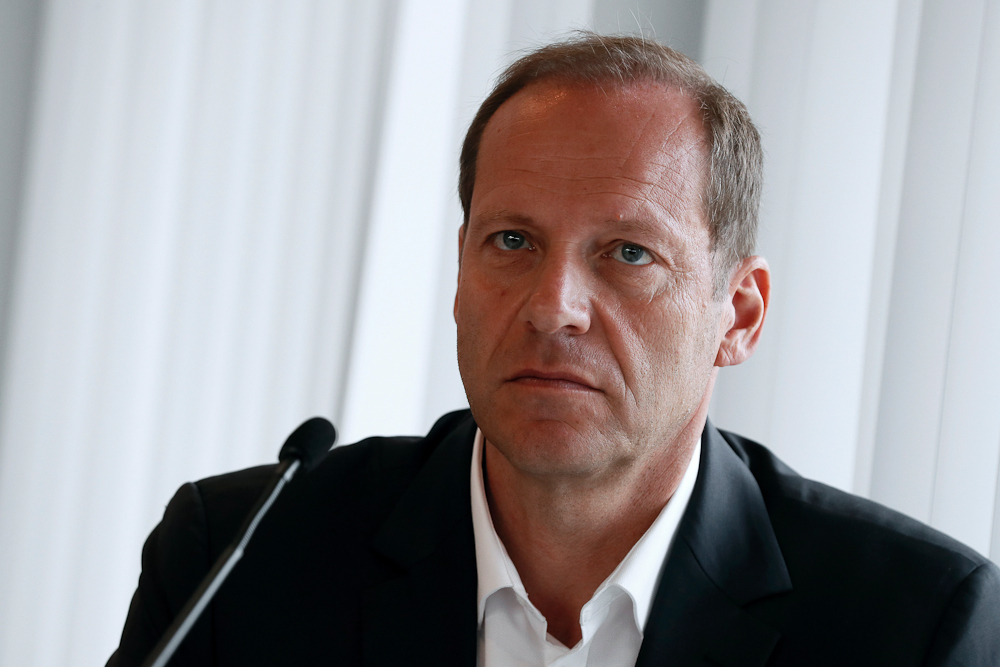
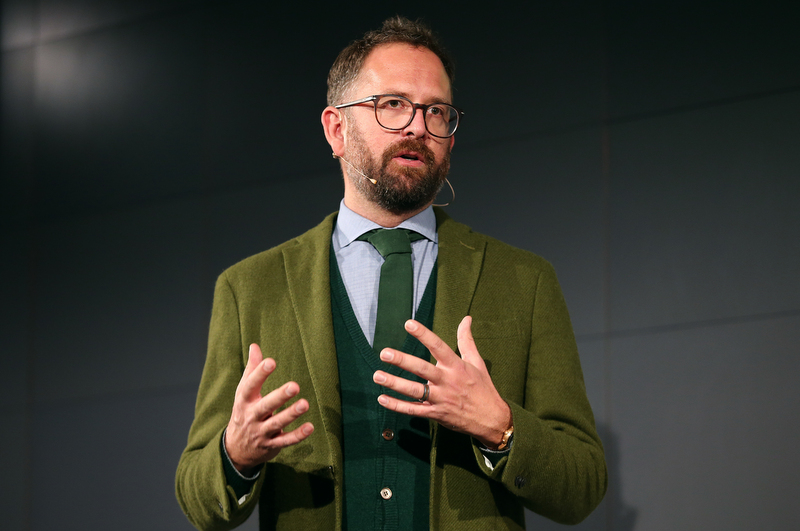
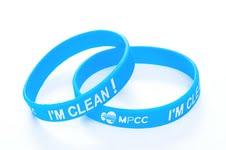
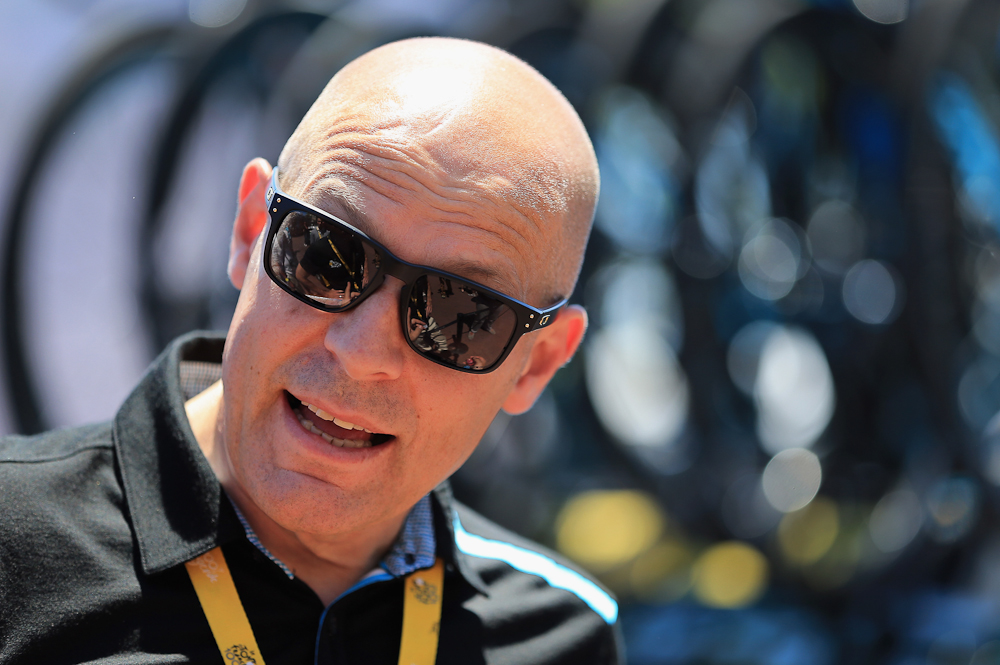
Team Sky's continuing refusal to join the Movement for Credible Cycling (MPCC) may have been endorsed once more by Chris Froome in Paris yesterday and by his sports director Nicolas Portal, but the pressure on Dave Brailsford to rethink his team's isolation from the French-founded anti-doping collective of leading teams has intensified in the past 24 hours.
Brailsford insists Team Sky is '100 per cent a clean operation'
'Now we understand why Team Sky never joined,' says MPCC doctor
Wiggins and Team Sky under fresh scrutiny over medical package delivery
Cope: I don't know what was in the package for Team Sky
UKAD ramps up investigation into Team Sky and British Cycling
Brailsford refuses to clarify contents of Team Sky's medical package
Prudhomme: MPCC philosophy is the key to cycling's future
Bradley Wiggins broke no rules, no grey area at Team Sky, says Portal
With the words of Tour de France director Christian Prudhomme ringing in their ears, some believe that the British team's ongoing refusal to support the MPCC collective, allied to the continuing unwillingness to reveal the contents of the parcel that Simon Cope transported to the French Alps in June 2011 and the debilitating controversy over Bradley Wiggins' now infamous trio of TUEs, is bordering on self-sabotage.
In the Palais des Congres yesterday, the British team (and presumably the 10 other WorldTour teams that aren't part of the MPCC) was tacitly criticised by Tour director Prudhomme, who told the auditorium in central Paris that cycling should follow the anti-doping example of the MPCC. Prudhomme, it became apparent as the day wore on, is not the only figure within the French cycling establishment to have grown frustrated by the 'Wiggins Affair.'
Prudhomme was dismissive of the 'no rules have been broken' mantra adopted by Brailsford and Team Sky for the past month. "We must go further," Prudhomme said. "Stricter rules than those of the international bodies can allow us to avoid interrogations, debates and controversies."
"We have to keep the light lit," he said, adopting the MPCC's watchword. "That's the key to our future."
But would joining the MPCC really have avoided the zero tolerance cul-de-sac that Team Sky has now found itself in?
After watching the presentation, MPCC founder Roger Legeay, fresh from an earlier meeting with doctors representing leading MPCC teams, was happy to expand on the MPCC's role as a pressure group of professional peers pushing the World Anti Doping Agency (WADA) for stronger anti-doping regulations.
Get The Leadout Newsletter
The latest race content, interviews, features, reviews and expert buying guides, direct to your inbox!
"We don't make the rules — we lobby for changes to the rules," Legeay said. "We exist because the managers have the power to change and influence the culture, to choose the doctors, the riders, to hire and fire, and to go further than WADA, because WADA is always a little behind."
"Historically, anti-doping has always been based around testing procedures and then bans for doping. The MPCC is the first time that it's moved to the path of agreeing, voluntarily, to act beyond the controls and testing."
"We can see in cycling — and in all sports — that WADA have to tackle the problem of corticoids. Now we're awaiting further ruling from WADA in 2017. The MPCC is the only international association lobbying for this. Regarding Tramadol for example, we're been campaigning on this since 2013, but unfortunately WADA has still not changed the rules. So this is a perfect example of where the team bosses can go one step further than WADA to influence the culture."
"We are not in conflict with WADA, we're here to help and support them. But," he added, "maybe today WADA needs to step up and accelerate."
Among the reasons, cited by both Froome and Brailsford against membership, has been the MPCC's inability to enforce anti-doping rules, but Legeay argues that such a position is swimming against the tide.
"We have a strong position," Legeay said. "We have 60% of world cycling — World Tour, Continental Tour etc — so if Dave Brailsford thinks we are not influential, that's his view. It doesn't reflect the view of the sport. So I refute the suggestion that the MPCC lack influence: today everybody in sport follows what the MPCC is doing. Since the Russian hacking, everybody in cycling, rugby, and in other sports, watches what we are saying."
Legeay, who revealed that he had not had any contact with Sky team principal Brailsford for "a very long time," insisted that Team Sky had a pivotal role to play in anti-doping in cycling.
"They have the power, as the most renowned team in the world, the number one team in the world, to be an influence in anti-doping and to lead the way," Legeay said. "Dave has the power. It's the managers of the teams that have the power to change the culture by going further than WADA."
And Legeay also cited the responsibilities of star riders. "Okay, joining MPCC is the choice of the teams, but all the big name riders have a responsibility too. They can invest in the future of the sport — they are there to win big races but they also have a real responsibility for their image and that of the sport."
Speaking moments later however, Froome rejected the notion that Sky would be better served by joining the MPCC. "I don't think Sky joining the MPCC will solve the issues in our sport at the moment," the triple Tour de France winner said.
But there is no doubt that despite setbacks, such as the Lars Boom affair in July 2015, which saw Astana tear up its membership without as much as a backward glance, the influence of the MPCC within cycling's corridors of power, if not yet at Manchester velodrome, is steadily growing.
Responding to Froome's comments, long-term MPCC member Jonathan Vaughters, manager of the Cannonade-Drapac team said: "Chris's comment is based around the fact that a team can just leave MPCC if they get caught. But many of us have been there since 2007. So the argument doesn't hold water, if there is true resolve from the team management."
"Sky have created this suspicion around them," Legeay said. "If they were part of the MPCC all of this wouldn't have happened. The MPCC is a serious organisation — Christian Prudhomme has recognised that by saying we're the path to follow. But the MPCC is voluntary — it's Team Sky's choice."